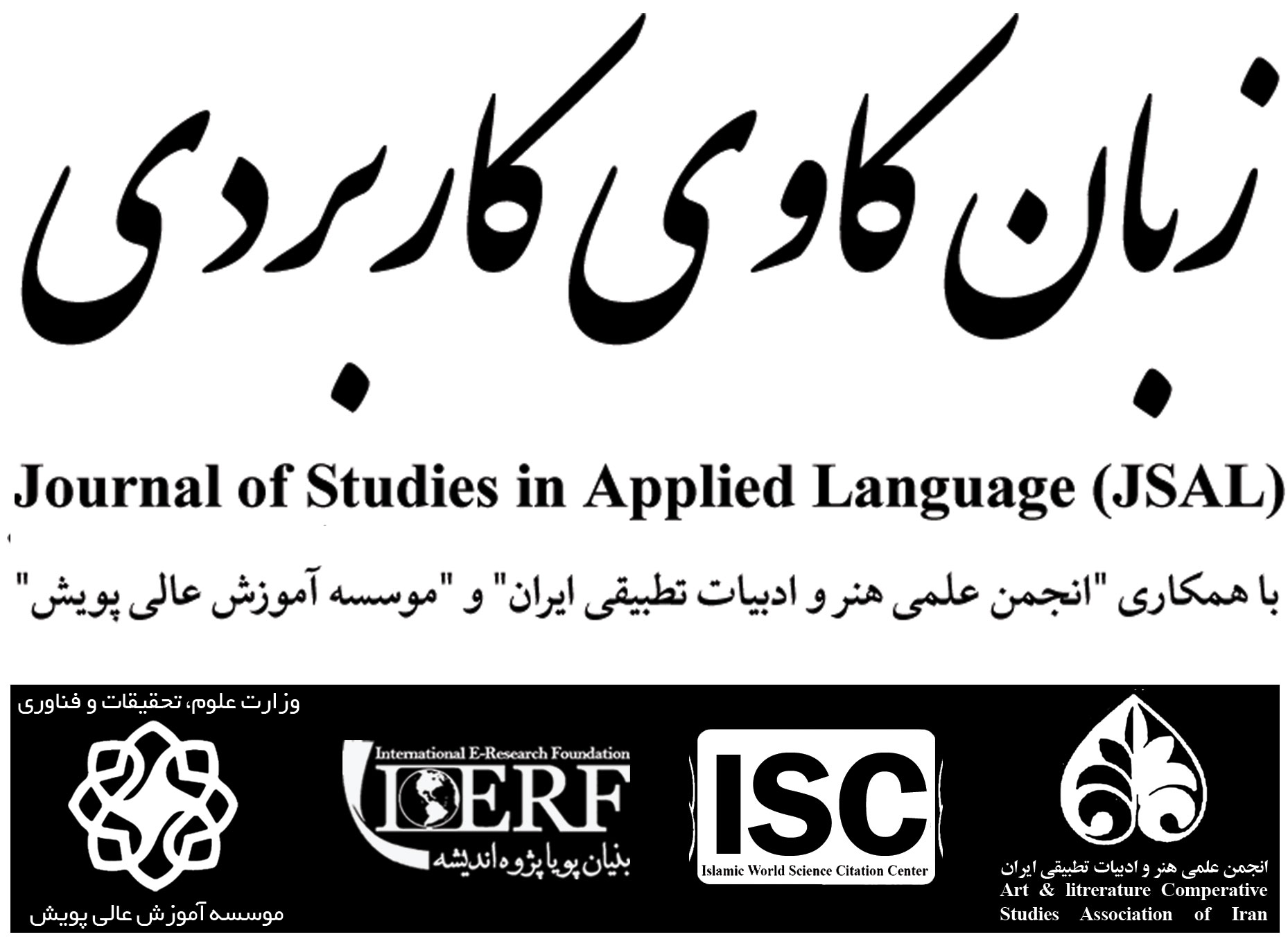<>
Volume 5, Issue 1 (Journal of Language Teaching, Literature & Linguistics (JLTLL) 2022)
JSAL 2022, 5(1): 147-159 |
Back to browse issues page
Download citation:
BibTeX | RIS | EndNote | Medlars | ProCite | Reference Manager | RefWorks
Send citation to:



BibTeX | RIS | EndNote | Medlars | ProCite | Reference Manager | RefWorks
Send citation to:
Khaleghi A. (2022). Psychological Wounds: Homeplace and Self-Recovery in Langston Hughes’s Short Stories [In English]. JSAL. 5(1), 147-159.
URL: http://jsal.ierf.ir/article-1-76-en.html
URL: http://jsal.ierf.ir/article-1-76-en.html
Department of English Language and Literature, Islamic Azad University, Central Tehran Branch, Iran , khaleghiafrooz@gmail.com
Abstract: (2790 Views)
The aim of this study is to encourage the black community to discover their ideal homeplace, since they can only experience humanity at their homes; as soon as they walk out to the streets, they are mistreated by the white population. In order to respond to the research question which is “how does having a homeplace help the black community to indicate their subjectivity?”, this paper seeks to examine the selected stories from the collection of The Ways of White Folks (1934) by James Mercer Langston Hughes in the light of one of bell hooks’ main key terms which is “homeplace”. For black people a safe place is required where they could heal the wounds inflicted by the white supremacist society and recharge their powers to make a revolution happen. Home for marginalized population is where they could resist, where all of them could be subjects, and where they could return to their lost dignity in the public. Homeplace is a place free of white oppression but full of love.
Keywords: Homeplace, Wounds, Recovery, Black Community, White Supremacist, bell hooks, Langston Hughes, The Ways of White Folks
Type of Study: Research |
Subject:
Discourse Analysis
Received: 2020/08/7 | Accepted: 2021/04/2 | Published: 2021/04/28
Received: 2020/08/7 | Accepted: 2021/04/2 | Published: 2021/04/28
Send email to the article author
| Rights and permissions | |
 |
This work is licensed under a Creative Commons Attribution-NonCommercial 4.0 International License. |






